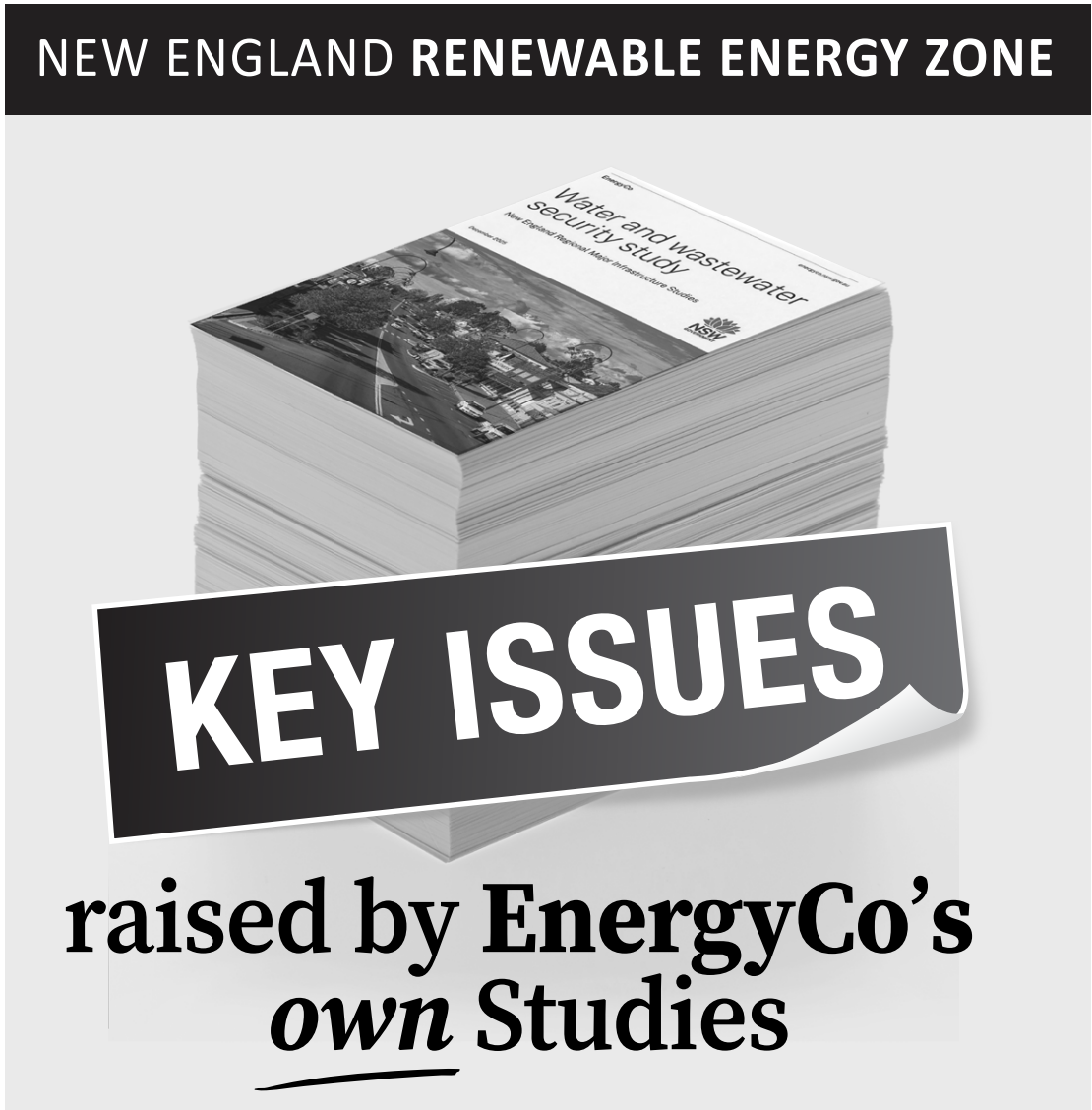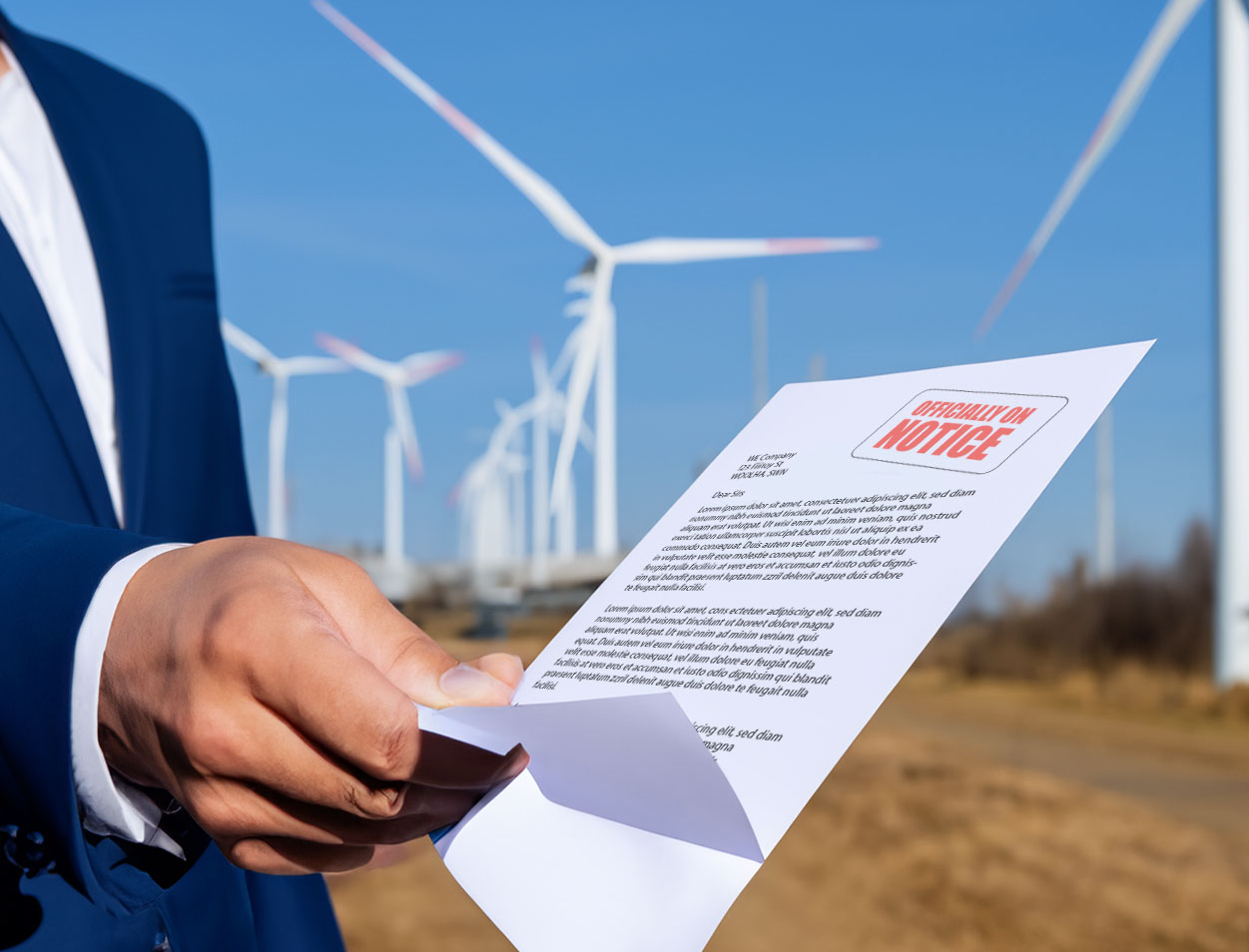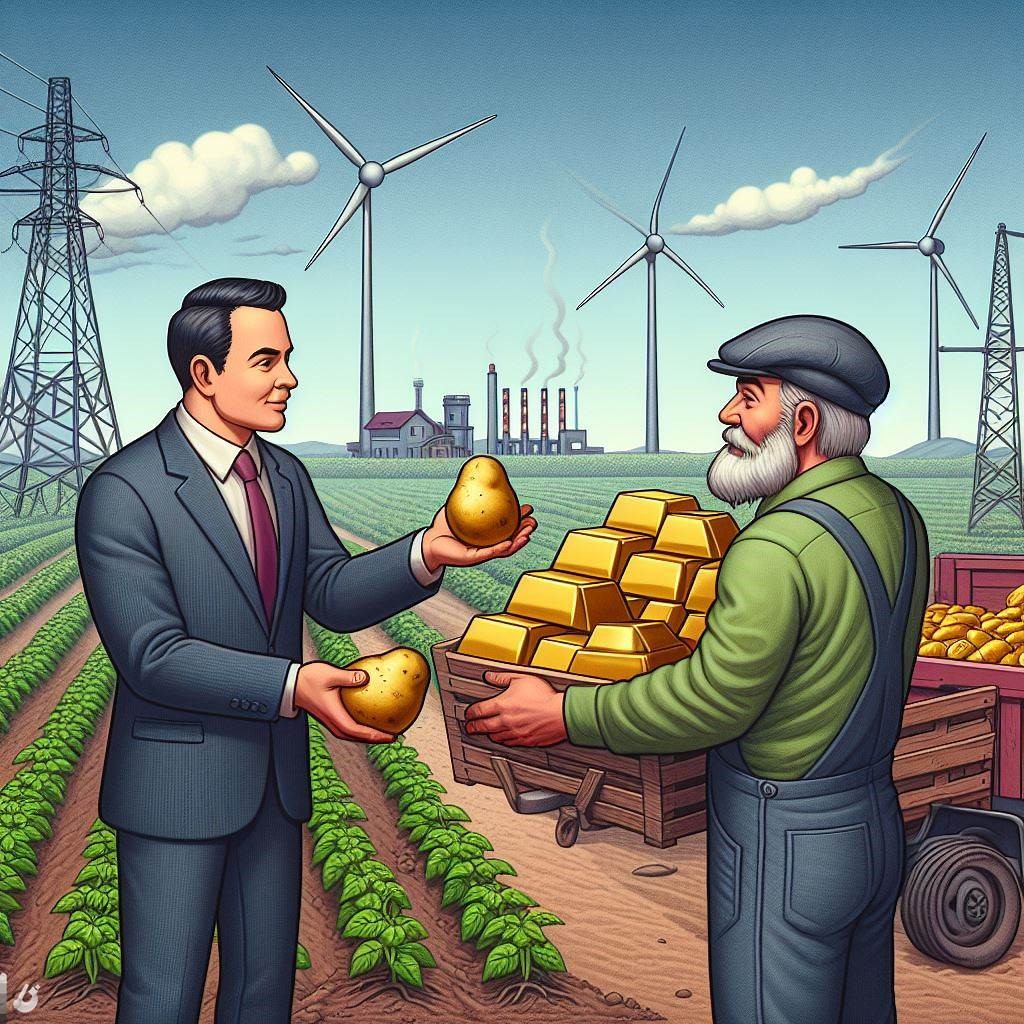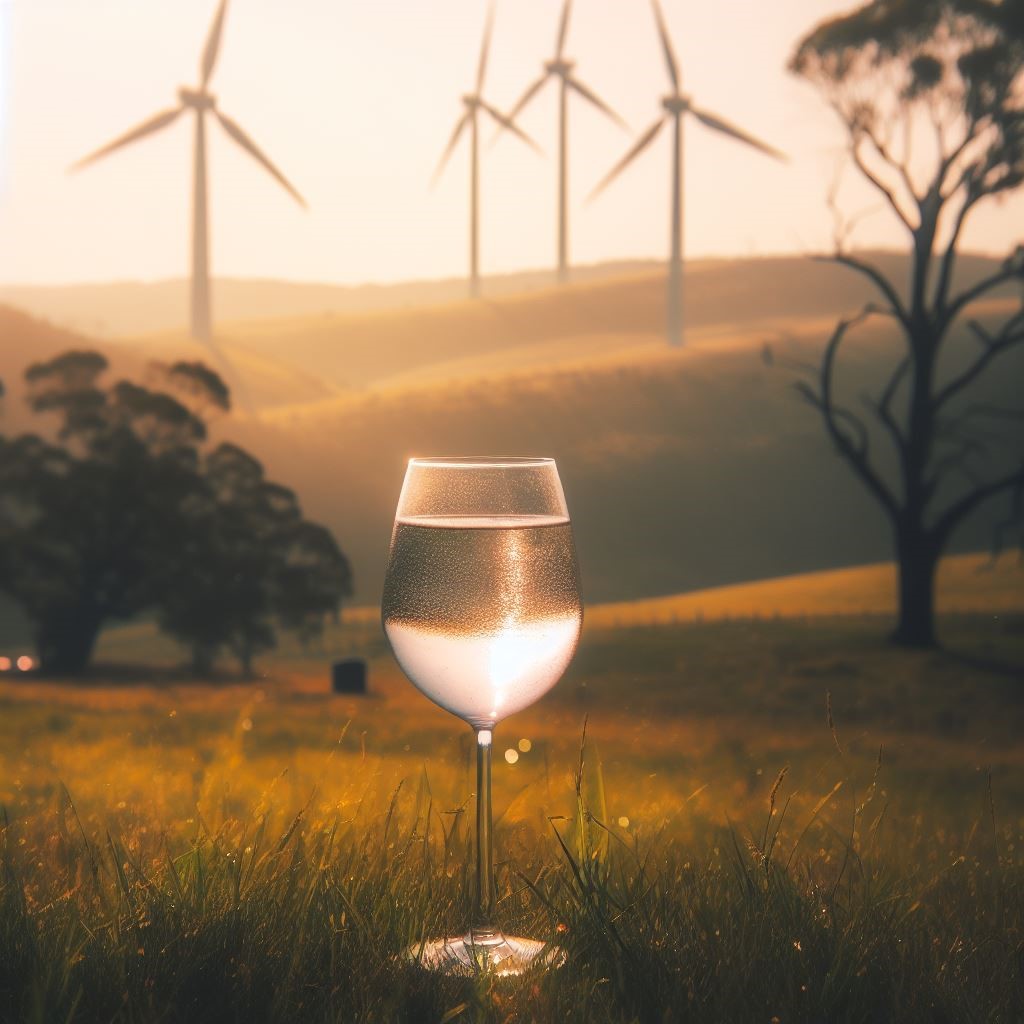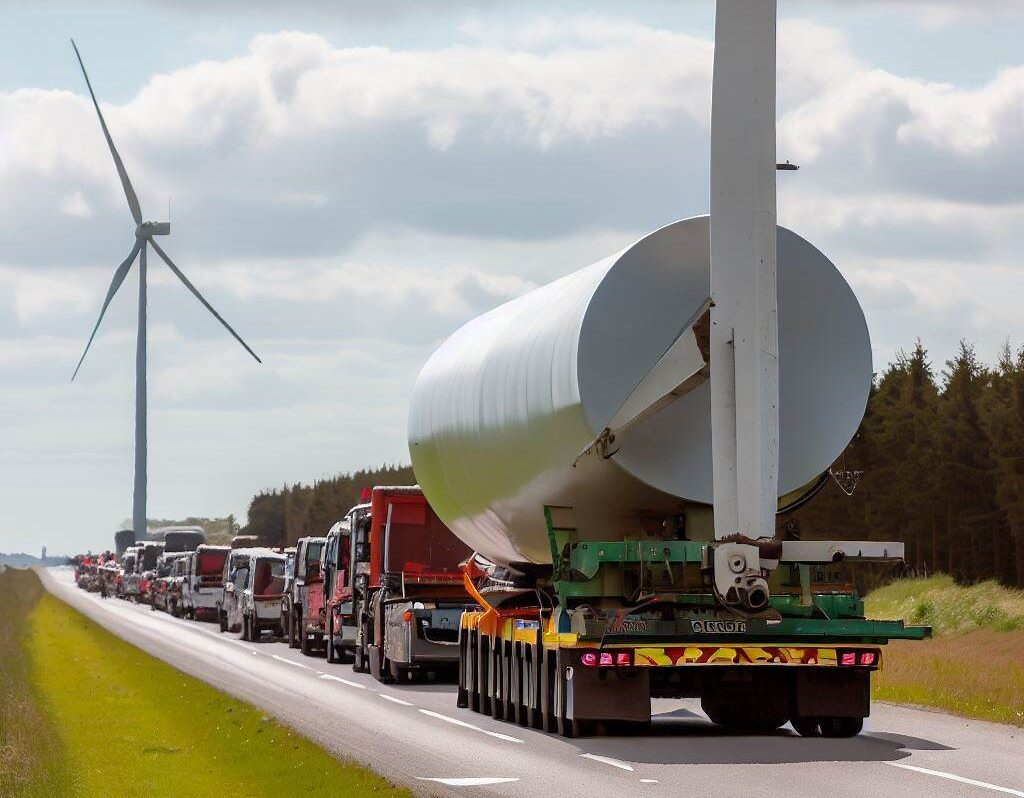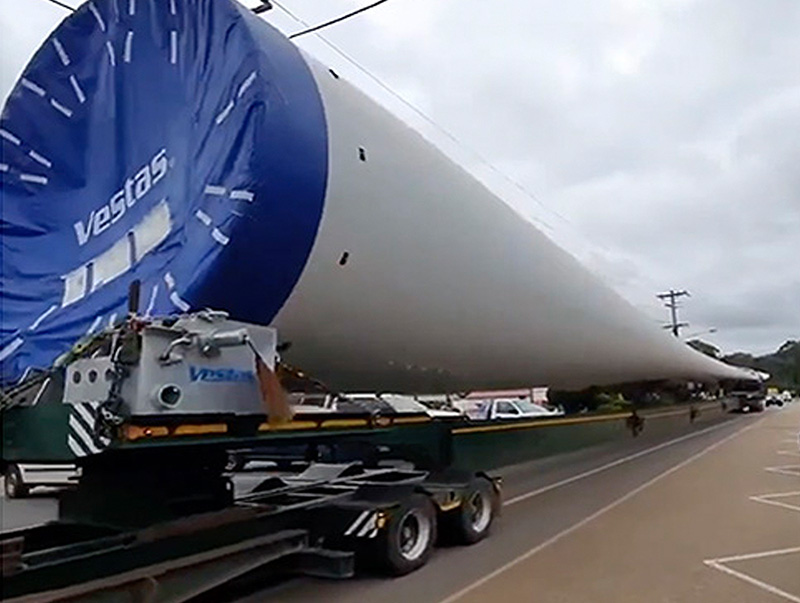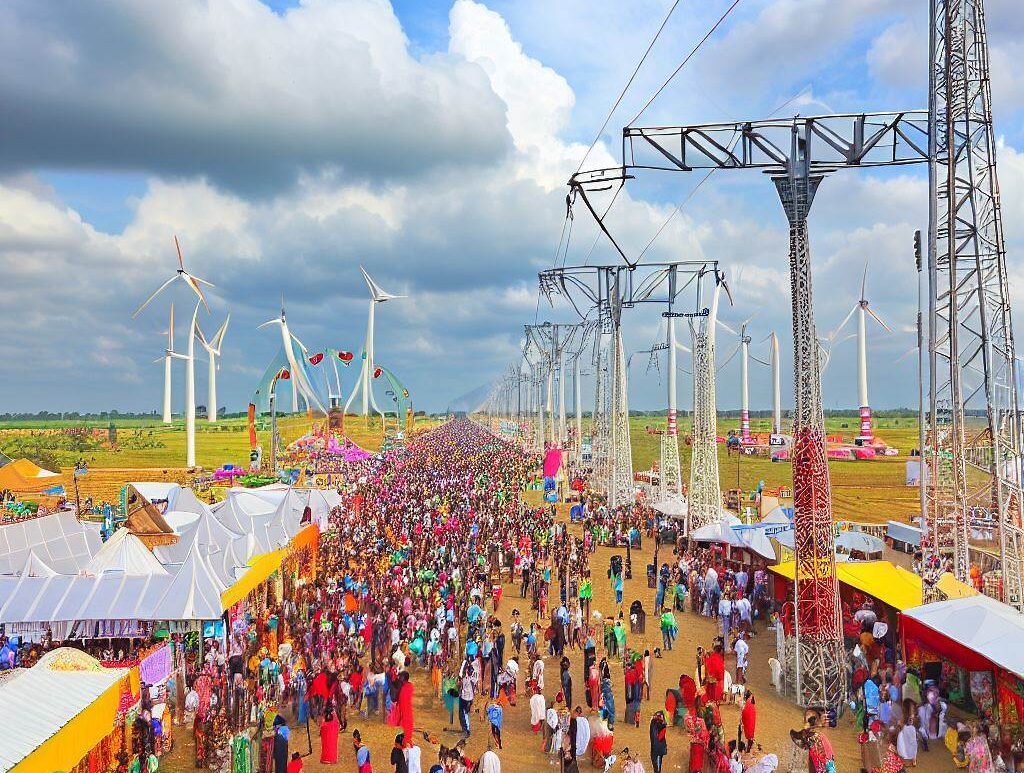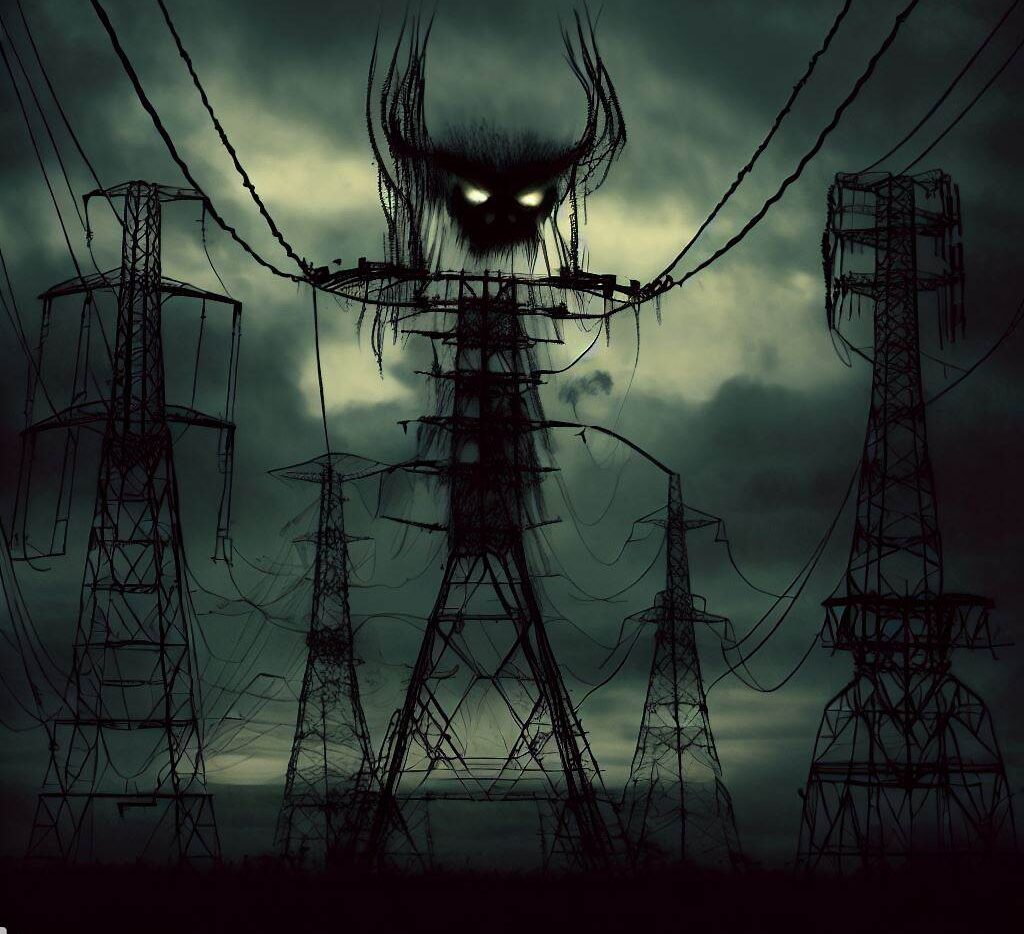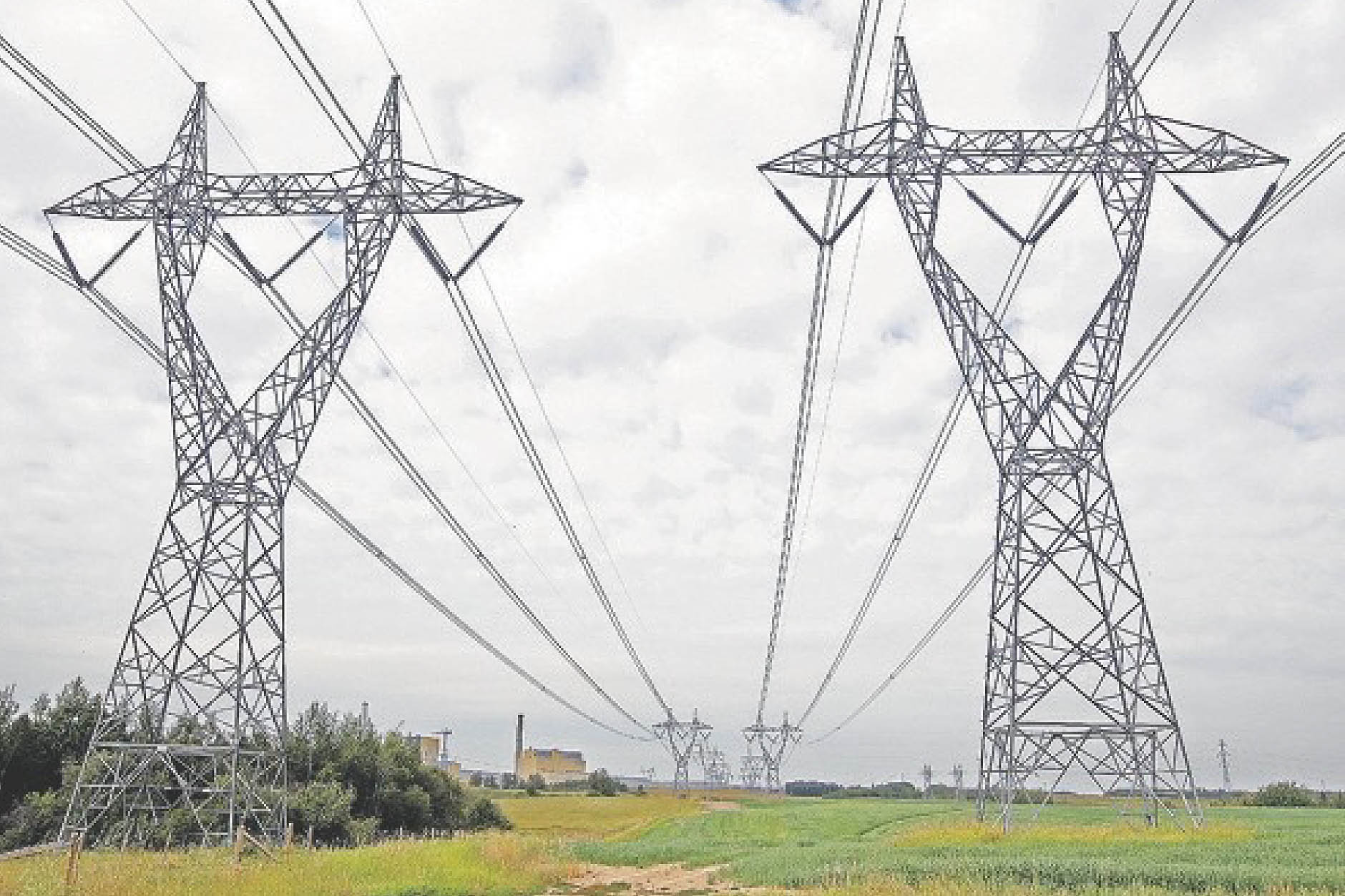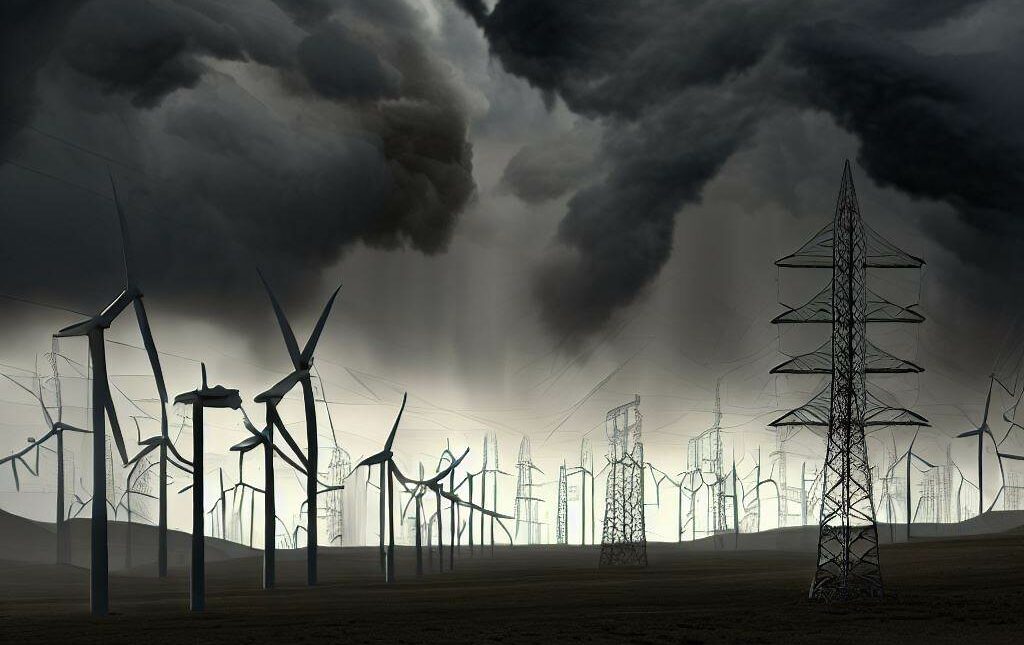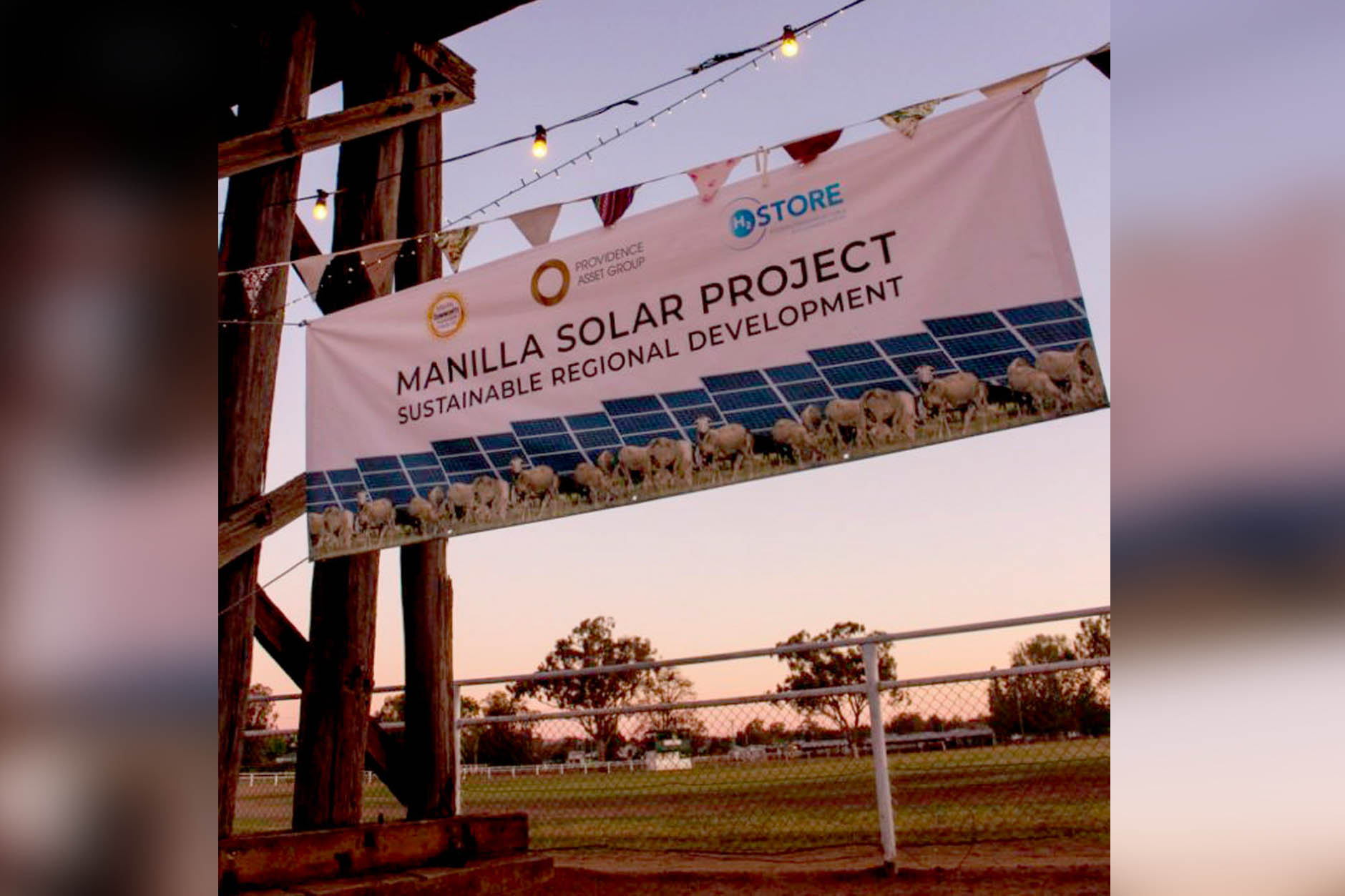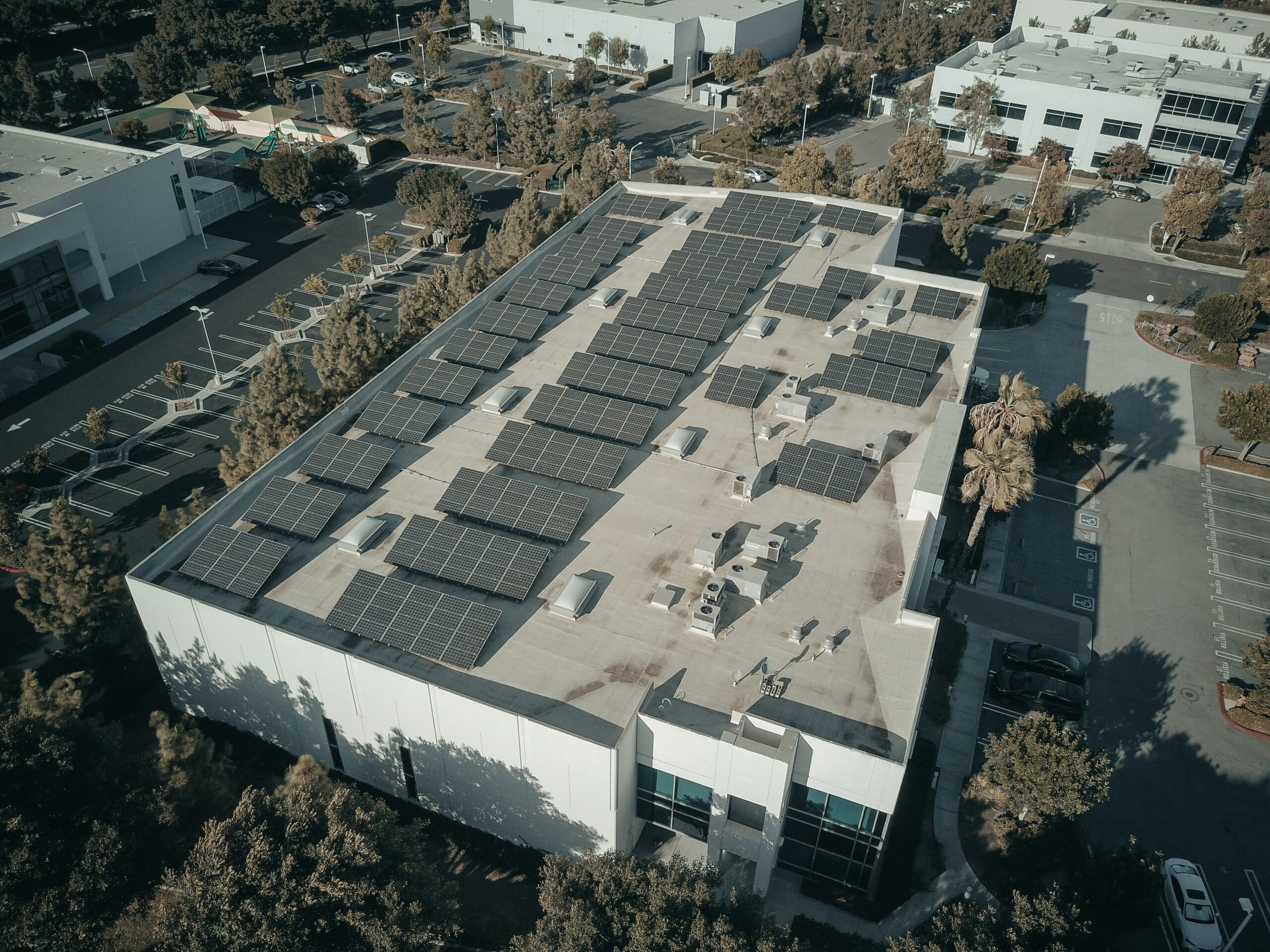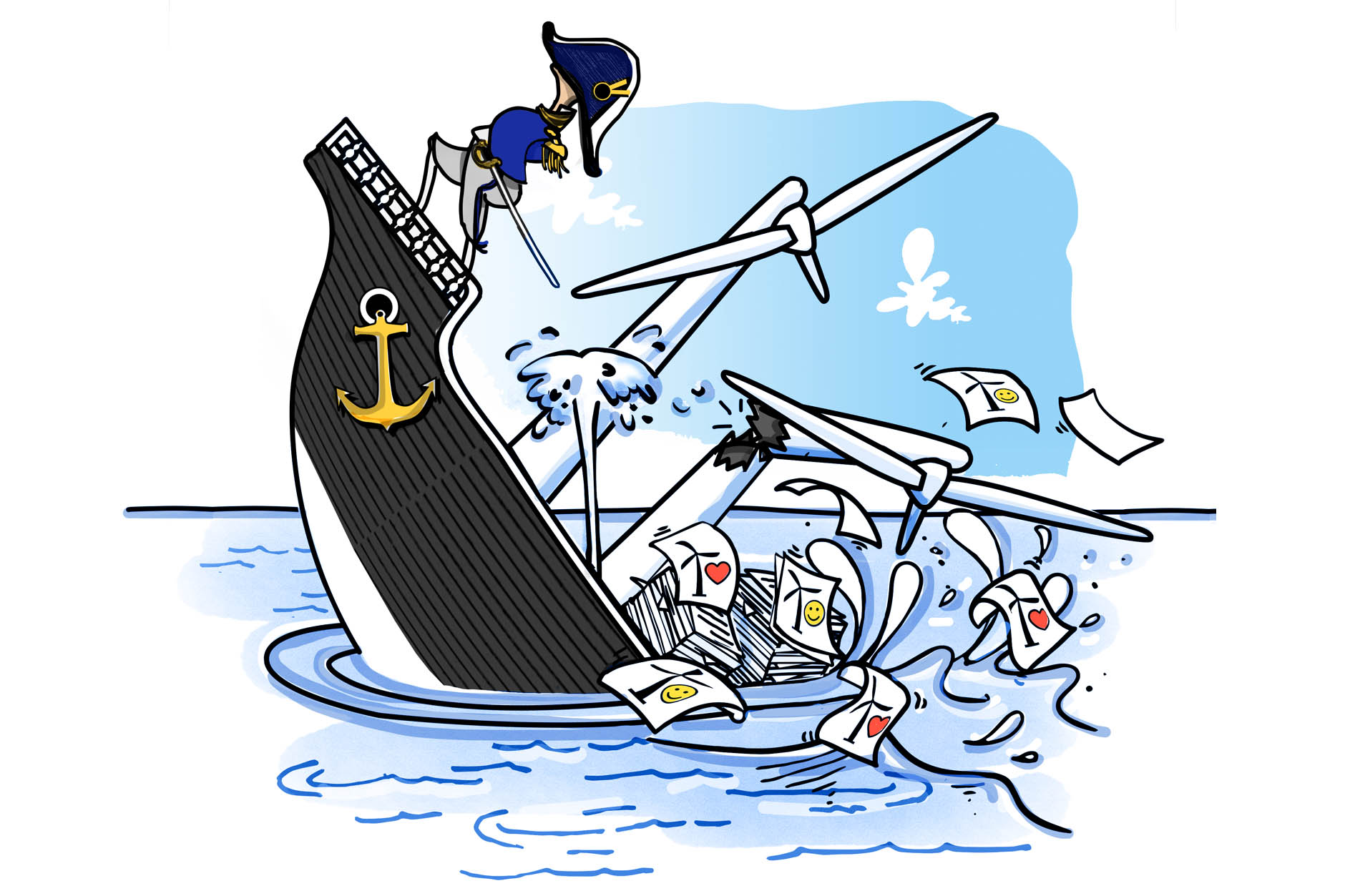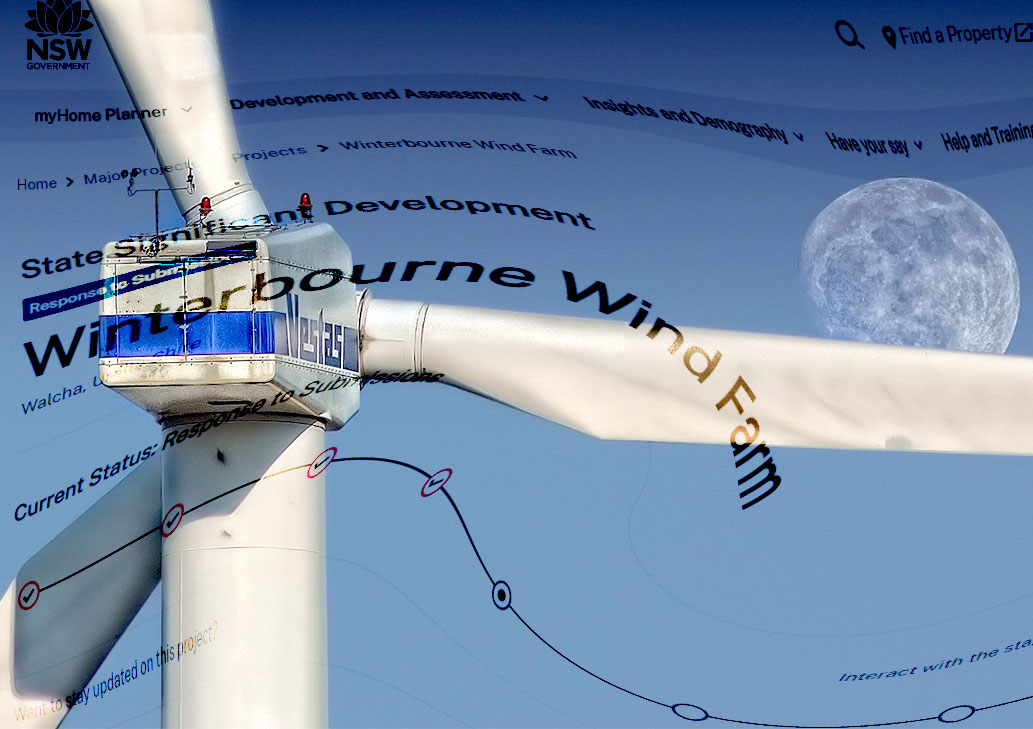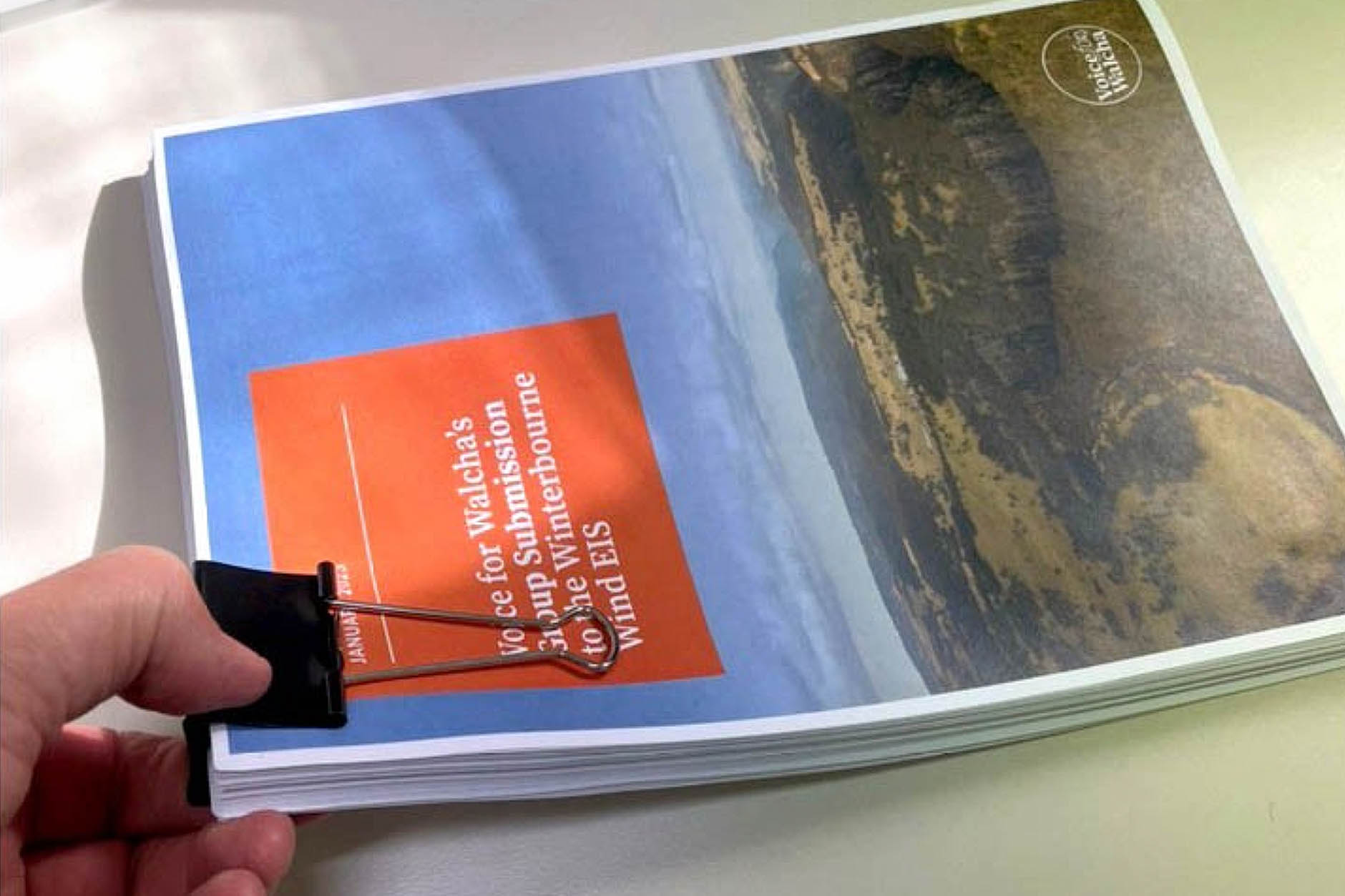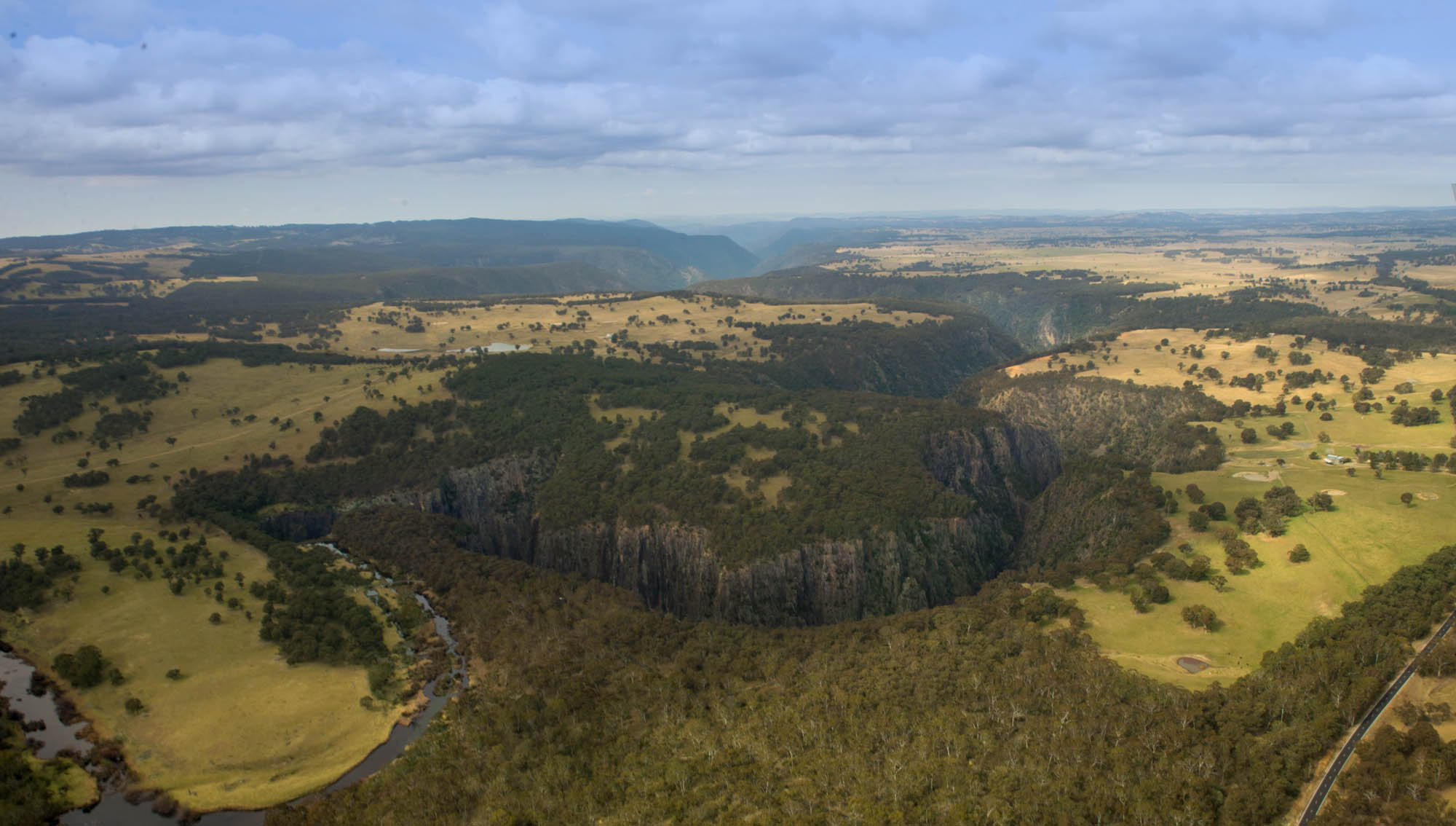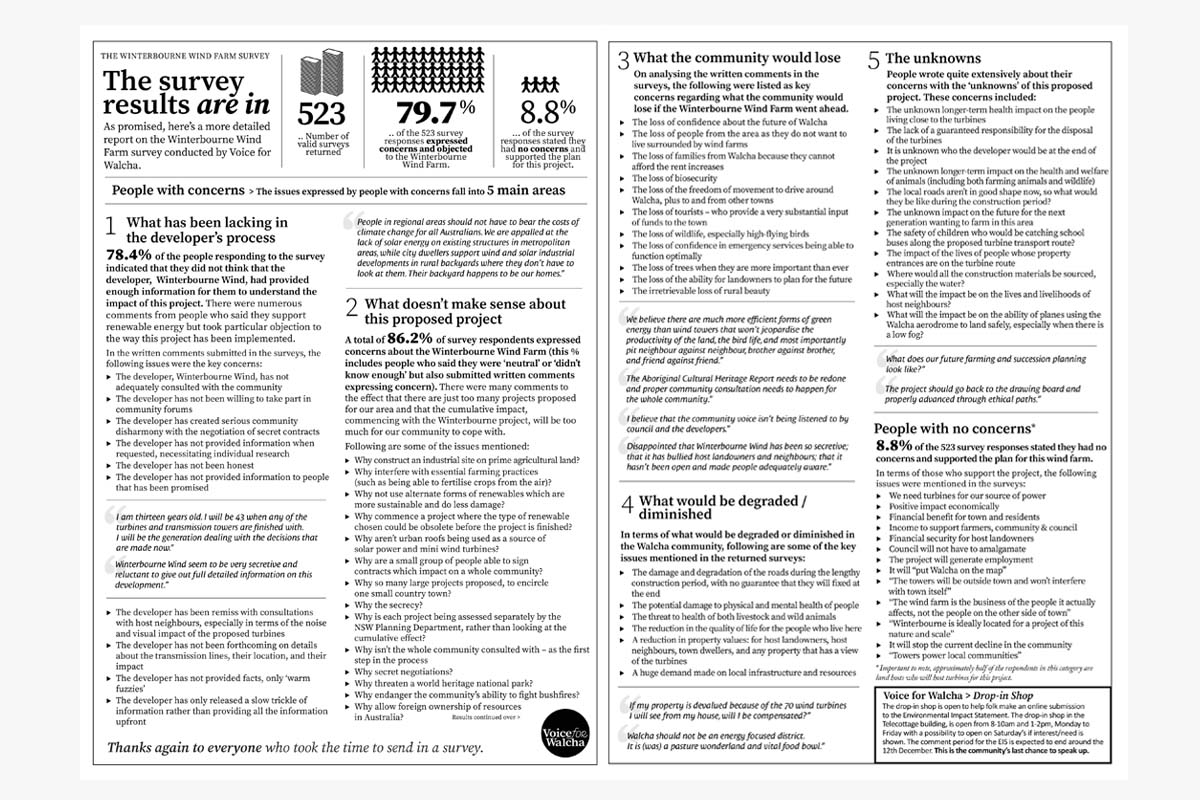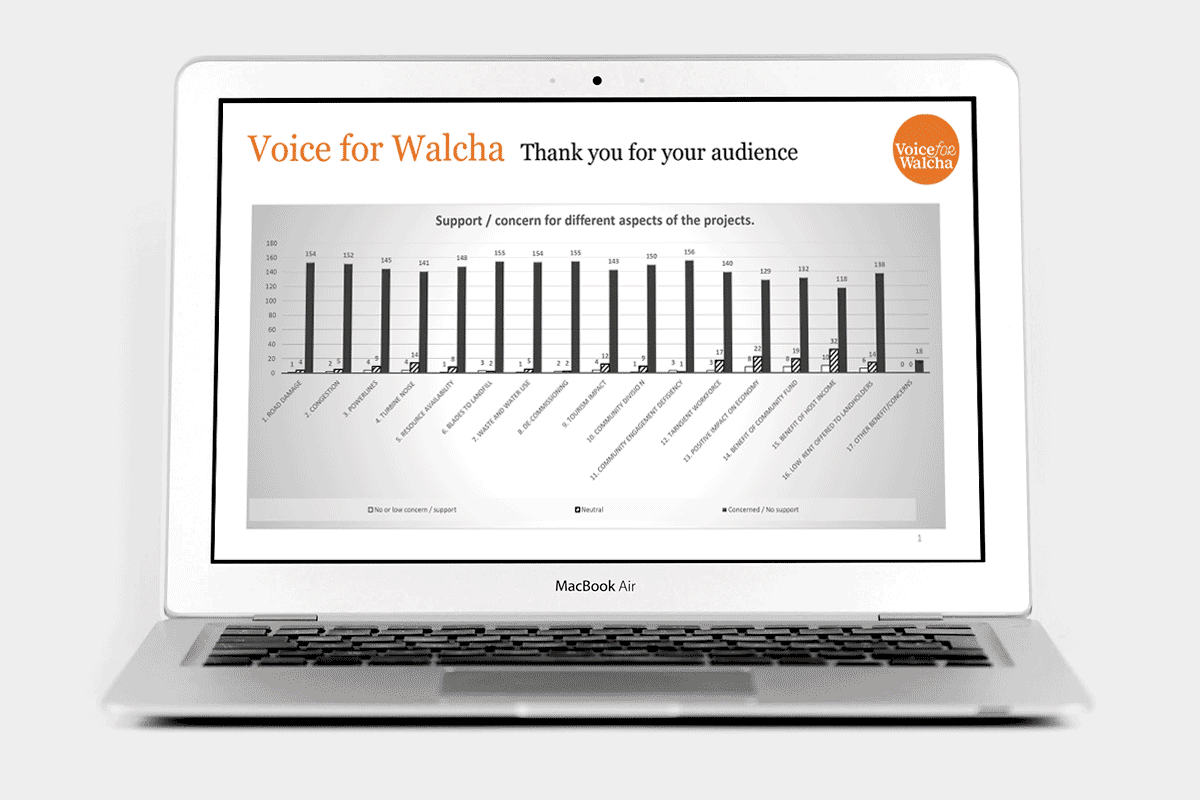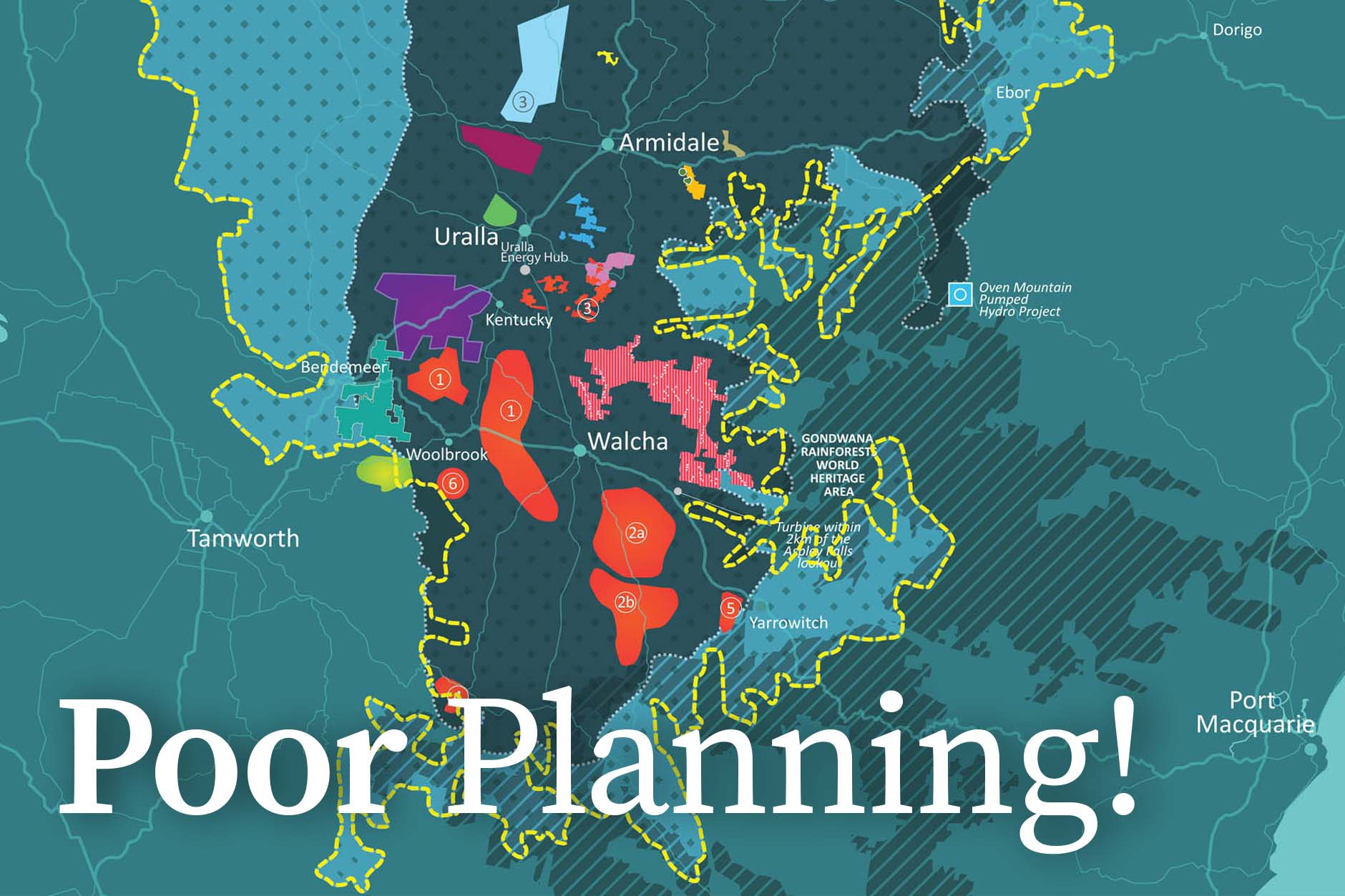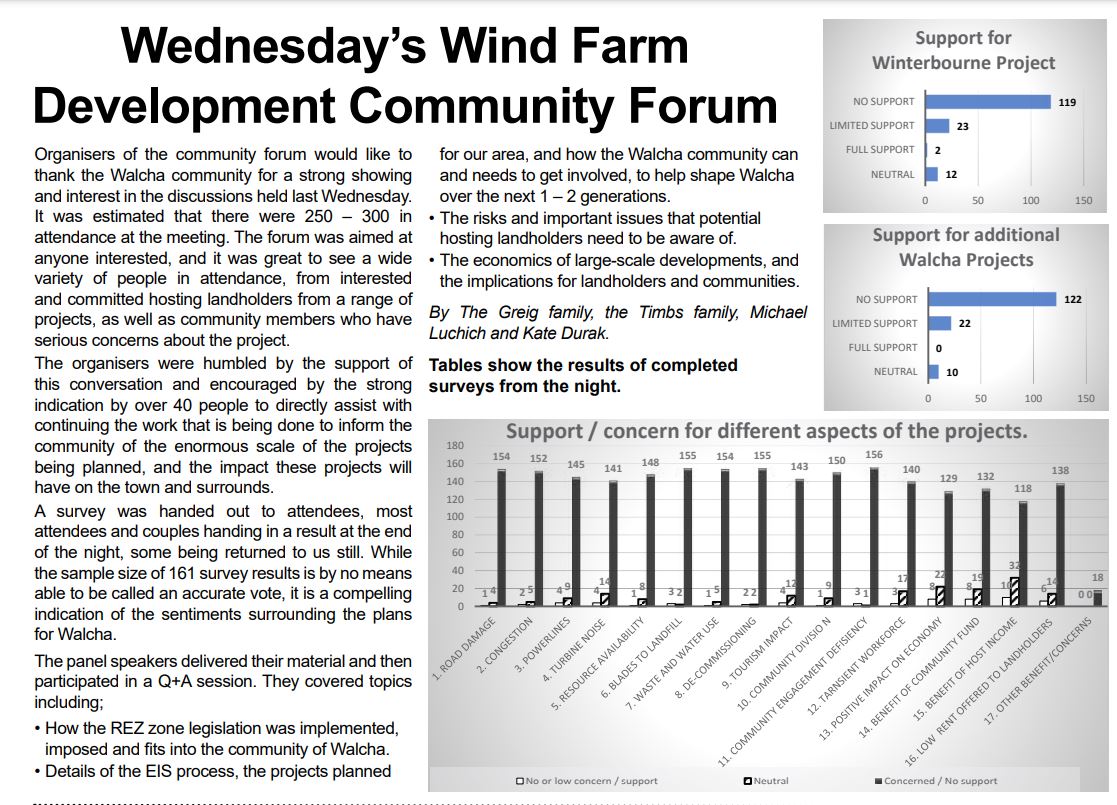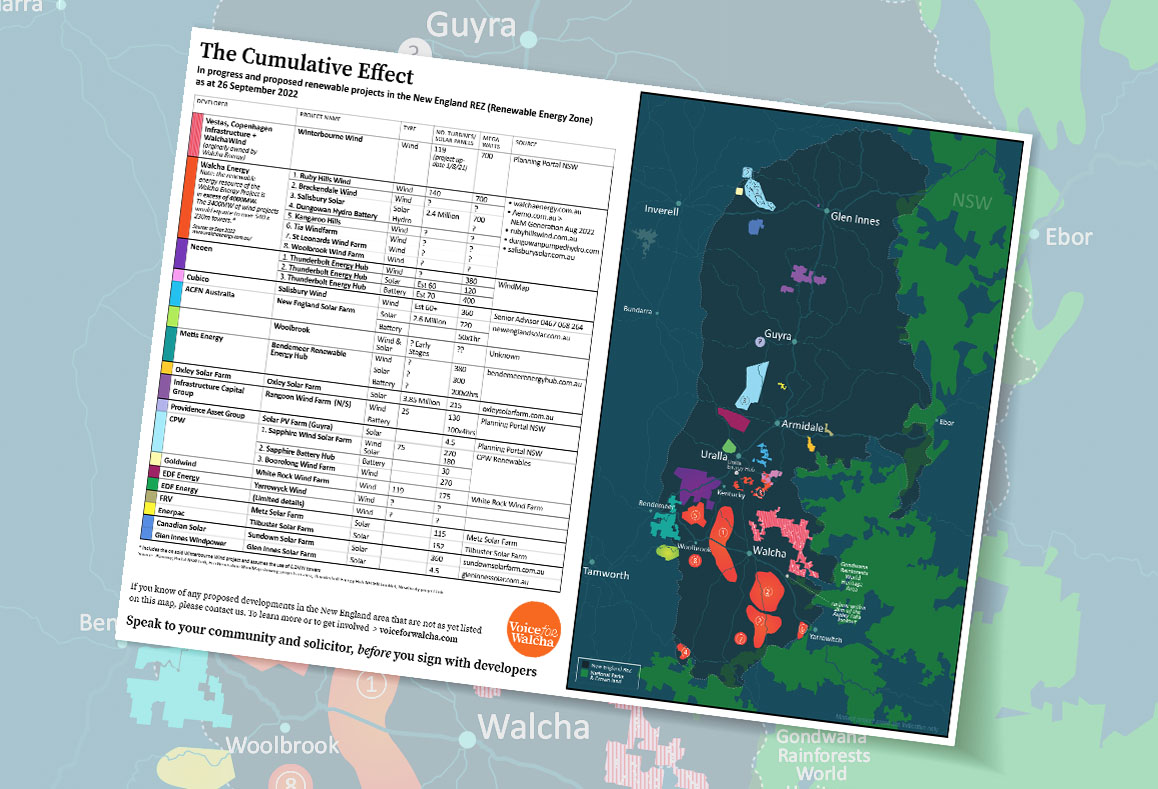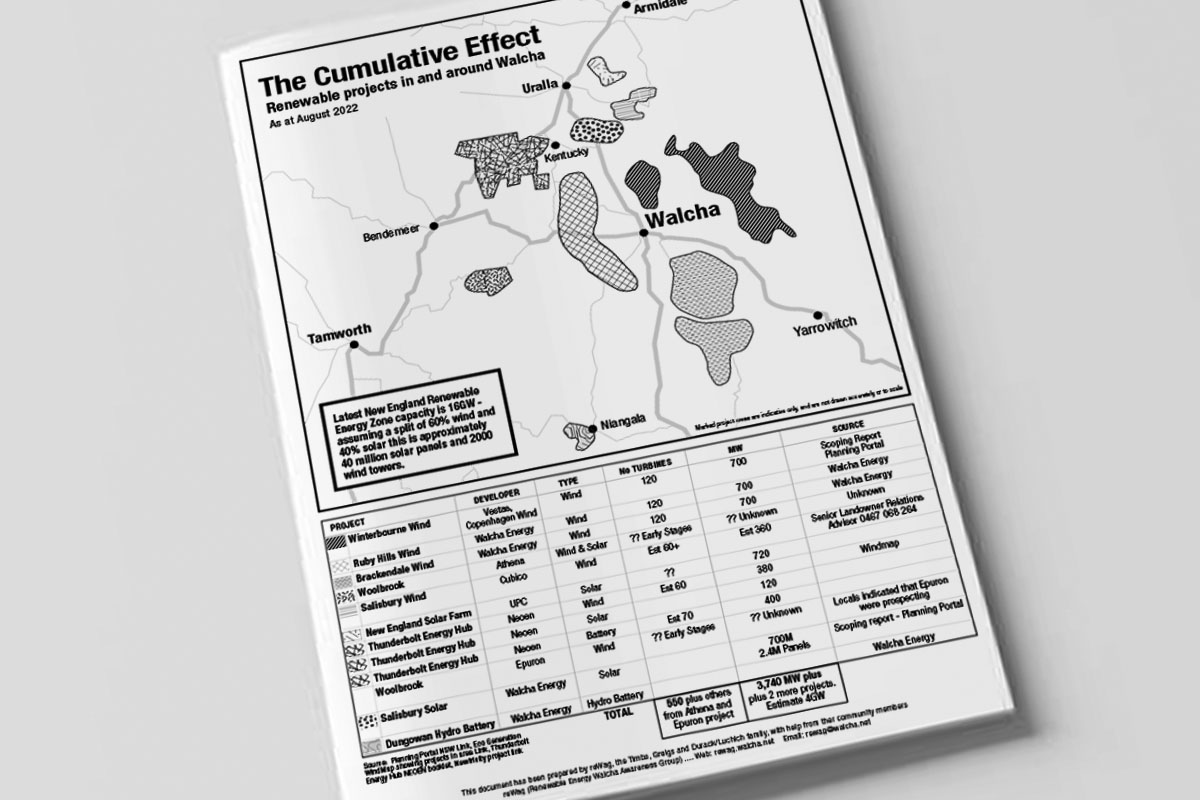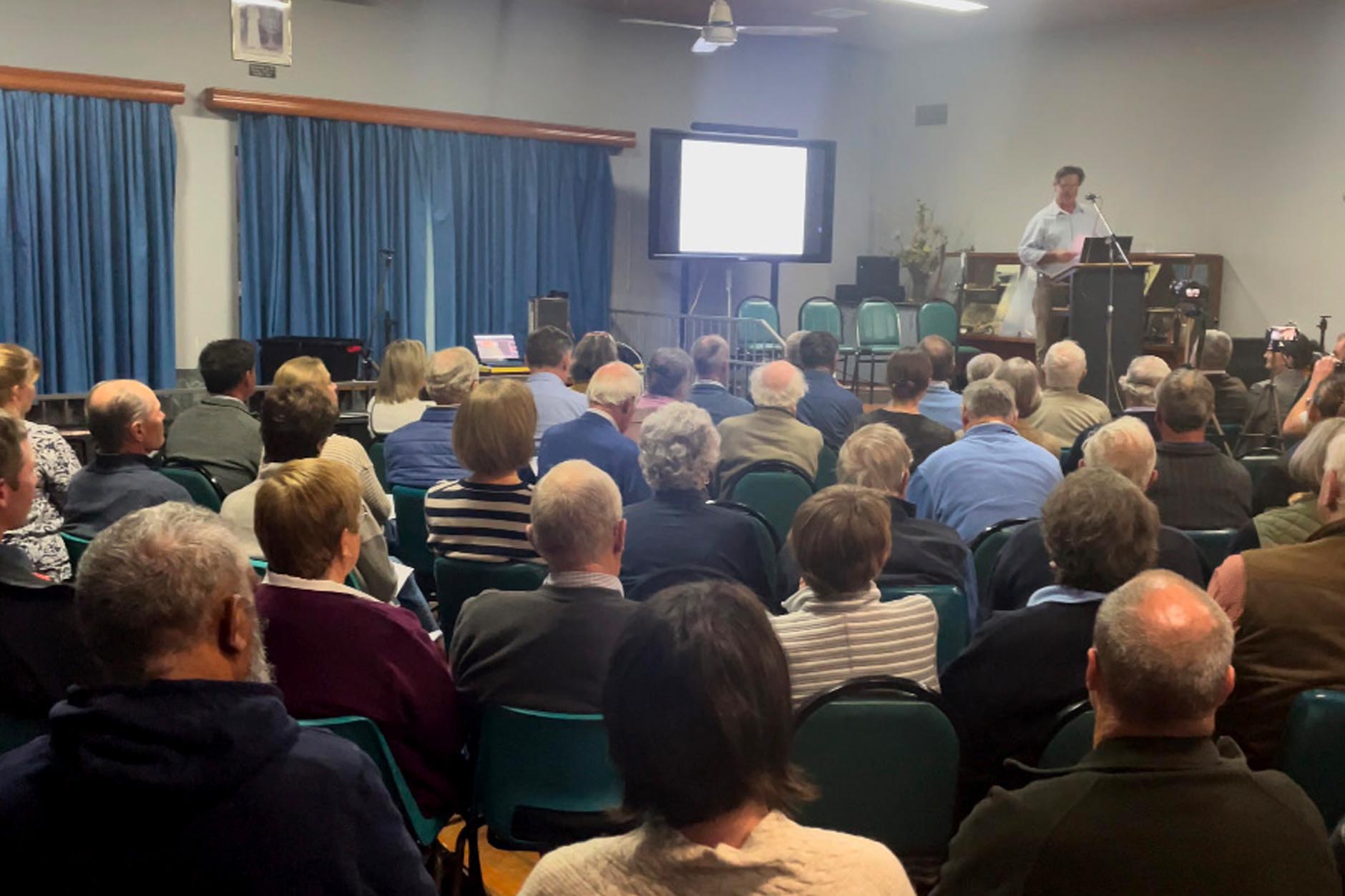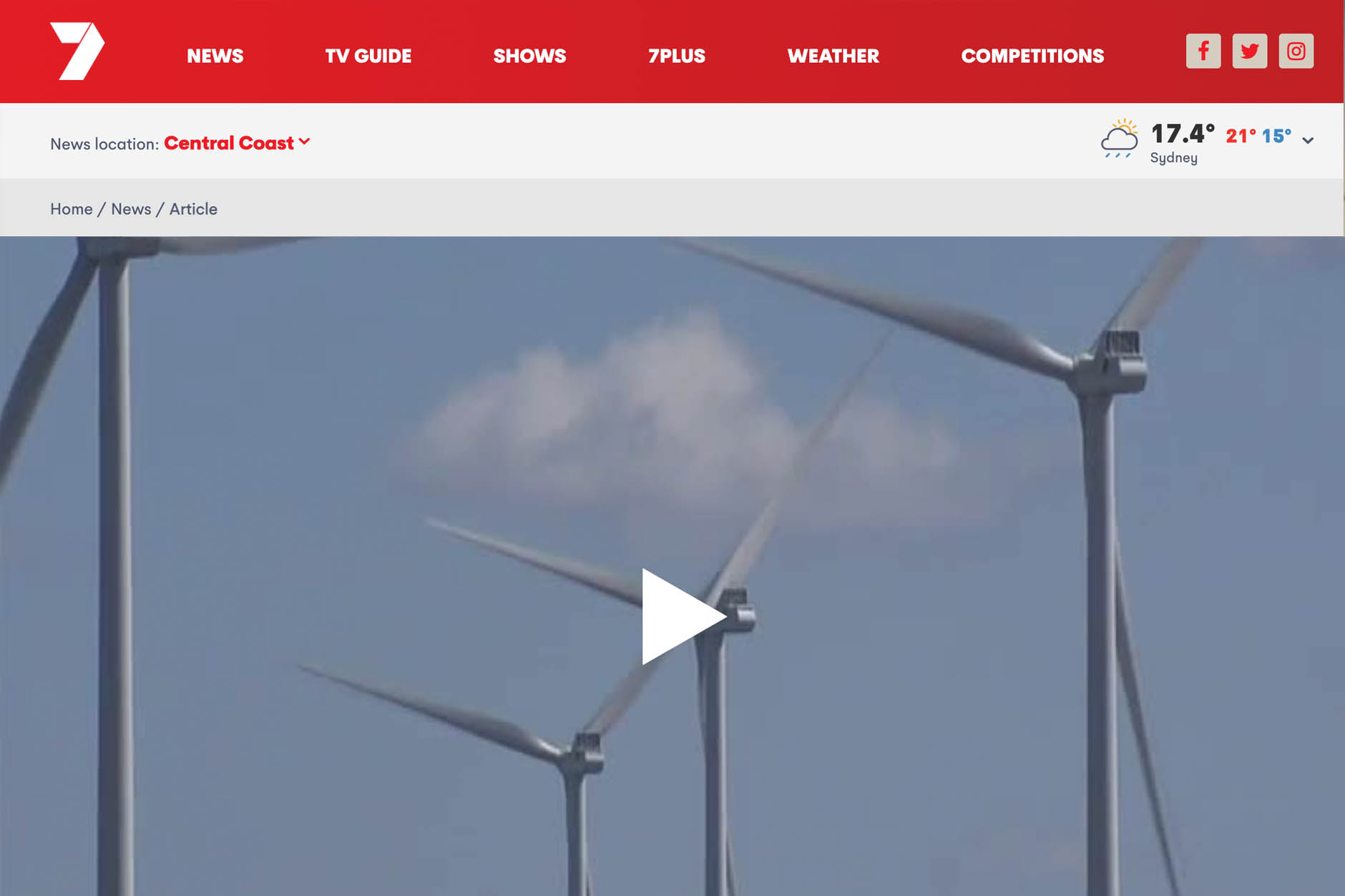While the tussles between community members who support and oppose renewables plays out in the national press, there is one group who get to snigger on the sidelines and carry on life as usual. Their performance goals are getting closer. Spurred on by a somewhat maniacal government that has convinced itself that the reports they commissioned to tell them that renewables are better and cheaper were actually true and not written as a fashion review for the naked emperor. They seem unstoppable. It is the developers.
They are the ones who initially sign-up participants on the promise of income to save their farms, on the flow-on prosperity to their communities, and the greater good to the nation. They are the ones that tell each farmer that it’s time to sign a contract because all your neighbours have, even though they do not yet have any signed contracts. They are the ones that when asked ‘How much opposition would you need to see to walk away from this project?’, wryly smile and say ‘We are not going anywhere’. They are the ones who refuse to attend any community meetings. They are the ones who maintain multiple narratives, for those in the circle and those outside of it, and those with the power to provide or influence approval.
A project is often just a concept, maybe with a few wind maps and a bag of willing signatures, that can be sold, somewhat like a collectible car, to the next buyer who thinks they can do a better job than the last bloke, and turn a bigger profit than the last one while progressing it up the production line. The developers are the ones who thrive in a planning system that is decades old and is not really equipped to deal with this new world of renewables. They are the ones who turn up to a neighbour and urge them to sign an agreement, not because they care, but because they need a certain amount of these to complete the portfolio. The impact to the neighbour, their lifestyle and property is of no consequence. It’s all about ticks. To the developer, rural communities are a resource to be tapped and forgotten about.
In Walcha, the onslaught became even more real recently when an extra 100 odd farms were cast into the shadow of an updated power transmission route. This was to service a hub, which was drawn onto a map by Energy Co because of, no surprises here, a developer. With no track record they proposed 4 to 6 GWs of projects out of a little office in town. When the resistance was too strong or the projects not viable, the developer abandoned much of the portfolio, sold the rest off to whoever was willing to buy it, took the remnants of any grant money and rode their electric horse into the Sydney sunset. No harm, no foul, right? Well, Energy Co drew those projects on their map and because staff turnover is so high and barely anyone remembers why these decisions were made in the first place, those plans are now, without rationale, set in stone. They serve no real purpose, except for many billions of dollars in extra burden to the already financially pillaged energy consumer. Those hundred farmers and the thousands like them scattered over rural Australia, are collateral damage on the critical path of renewable salvation.
Another step in the energy game is completed, once again with no regard and little benefit for anyone except, you guessed it, the developers.



